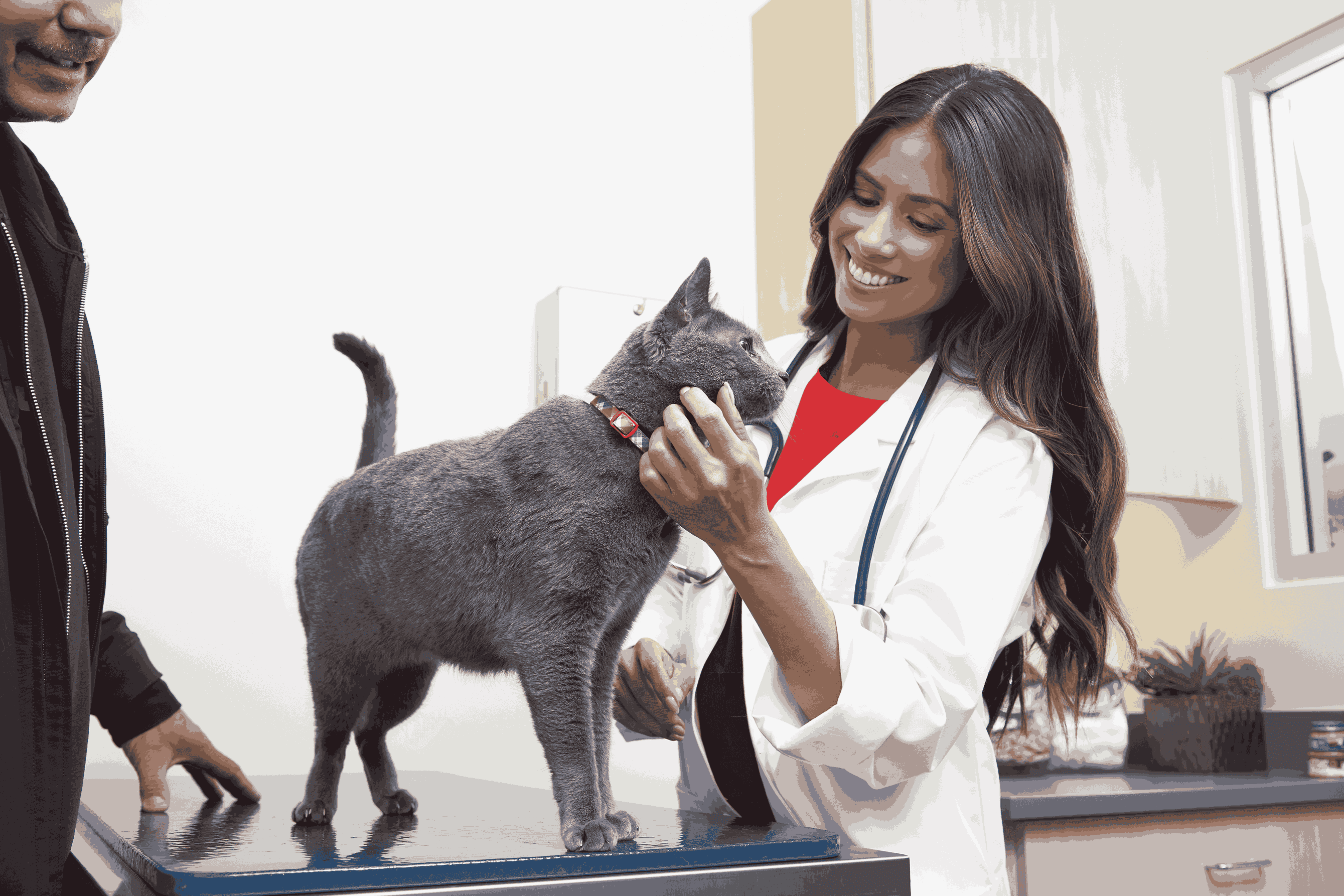I have a crested gecko and he has been very lethargic lately. He's not eating, not climbing, and spending most of his time on the ground.
Updated On January 31st, 2017
Pet's info:
Answered By Angel Alvarado, LVT 44
Licensed Veterinary Technician
This question includes photos that may contain sensitive content. Click to view.
View more to consider that the photos may include sensitive content.
Anytime a reptile becomes excessively lethargic, you must check the ambient and basking temperatures. Low temps can dramatically affect activity and appetite. Set daytime temps between 78 F and 82 F . Night temps can drop into the low 70s F. A small basking area set at around 80 F should be provided. They are nocturnal, so don't expect a lot of daytime activity. Offer a variety of appropriately sized prey (crickets, dubia roaches, etc.) as well as a commercial gecko diet. You may need to hold prey in front of him or tap his nose to elicit a strike. Do not attempt to force feed him. Soak him in a warm 50/50 solution of water and unflavored PediaLyte. Gently stroking his abdomen during the soak may produce a bowel movement if he hasn't been defecating. The soak will treat or prevent mild dehydration. If he continues to exhibit this behavior or does not start eating, have him examined by an experienced herp veterinarian. Submit a stool sample to diagnose intestinal parasites.
1Pet Parents found this answer helpful
Other Answers
Related Questions

Two Easy Ways to Start Earning Rewards!
Become a member today!Members-only pricing and offers, personalized care notifications, Vital Care points back on every purchase and more!Become a credit card member today!
Earn 2X Pals Rewards points at Petco
when you use Petco Pay!APPLY NOWLearn More About Petco Pay Benefits
